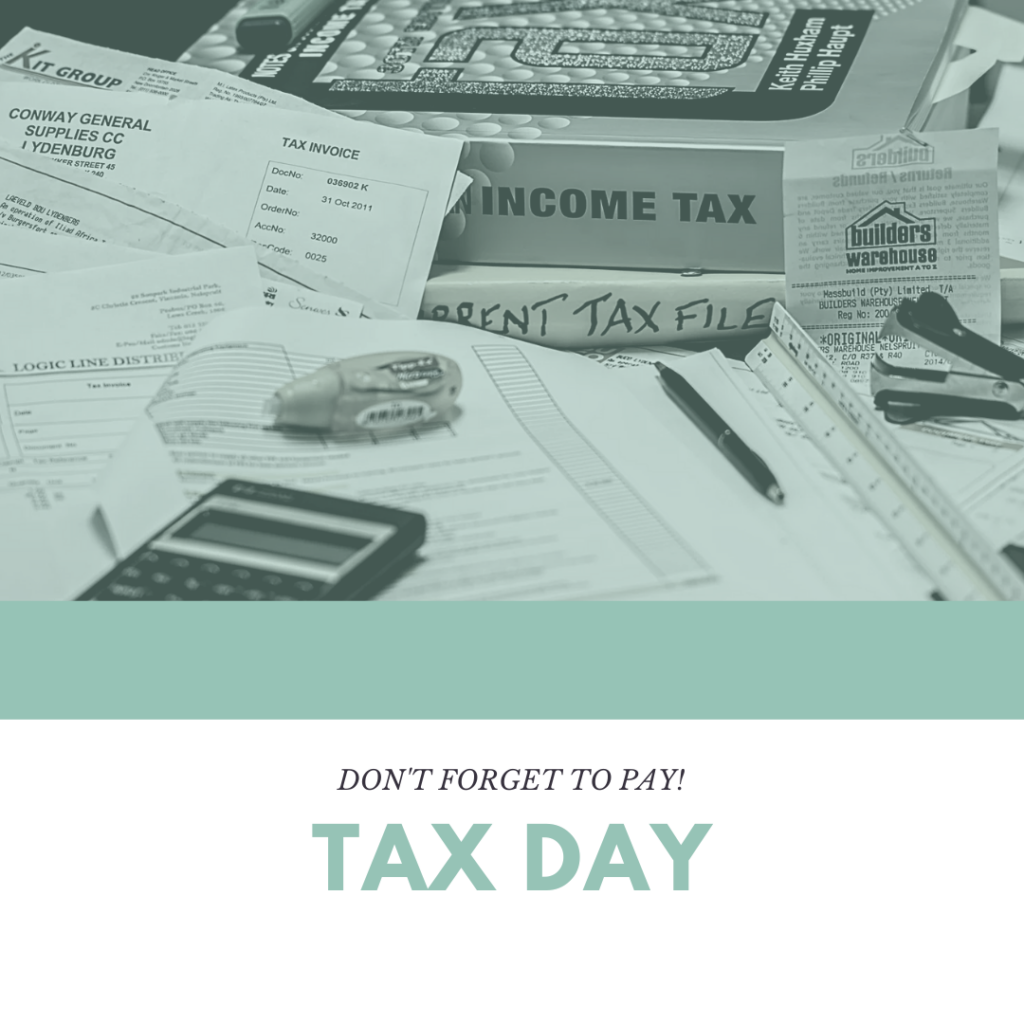Bitcoin(BTC)$69,791.00-1.29%
Ethereum(ETH)$2,097.980.71%
Tether(USDT)$1.000.01%
XRP(XRP)$1.440.29%
BNB(BNB)$635.62-0.83%
USDC(USDC)$1.000.01%
Solana(SOL)$86.44-0.58%
TRON(TRX)$0.2798140.56%
Dogecoin(DOGE)$0.095900-0.68%
 Figure Heloc(FIGR_HELOC)$1.031.33%
Figure Heloc(FIGR_HELOC)$1.031.33%
Filing Freelancer Taxes And Essential Documents
Introduction: Filing Starts With Organization
Filing Freelancer Taxes can feel overwhelming, especially for those new to self-employment. However, success always starts with gathering the right paperwork early. Freelancers need to be proactive in collecting and organizing key documents throughout the year to ensure a smooth tax season. This guide will help you understand which documents are essential, how to keep track of them, and how they make less stressful and more accurate.

The Importance of Filing Freelancer Taxes
If you’re serious properly, you need more than just your income numbers. Tax authorities expect freelancers to show accurate records for all earnings and deductions. Proving what you earned, what you spent, and why those expenses are legitimate for your business. Incomplete or messy paperwork can lead to missed deductions, overpaying, or even tax penalties.
Key Income Documents Needed for Filing Freelancer Taxes
1. 1099 Forms and Other Income Records
Always begin with proving your income. In the US, clients typically send Form 1099-NEC or 1099-MISC if you earned over $600. But even if you don’t receive a form, the IRS still expects you to report all freelance income. Keep records of payments from platforms like PayPal, Stripe, phone payments or direct bank deposits. In other countries, look for similar contractor income forms.
2. Bank Statements
To support , maintain monthly bank statements showing all business transactions. This helps back up your claimed income and can quickly resolve discrepancies.
3. Payment Platform Statements
For freelancers who use online payment services, downloading annual summaries from platforms such as PayPal, Venmo, or Wise is vital. These reports make it easier by consolidating freelance income from multiple sources.
Essential Expense Records for Taxes
1. Receipts for Deductible Business Expenses
Deducting expenses is a huge part of it successfully. Collect and keep receipts for office supplies, home office expenses, software subscriptions, professional development, and anything you use exclusively for work.
2. Mileage Logs and Travel Records
If you drive for work or travel to client sites, maintaining a mileage log is a key part. Use a digital logbook or app to track business miles, dates, and destinations. Save receipts for gas, parking, tolls, and travel accommodation.
3. Utility and Internet Bills
A portion of your home utility bills may be deductible if you work from home. To support your claims when copies of monthly statements for your internet, electricity, phone, and other utilities.
Other Crucial Documents for Filing Freelancer Taxes
1. Invoices Issued and Contracts
Keeping copies of invoices sent to clients and any signed contracts is essential. These documents help verify your business income and clarify any questions from tax authorities.
2. Prior Year Tax Returns
Looking at your previous tax filings is a smart move before filing taxes for the current year. Prior returns can serve as a reference point for recurring deductions or highlight documents you forgot last time.
3. Health Insurance and Retirement Statements
If you pay for your own health insurance or contribute to a retirement plan, save the relevant documents. These records are crucial when filing taxes and can lead to significant deductions or credits.
Special Considerations When Filing Freelancer Taxes
1. Quarterly Tax Payments
Freelancers are usually responsible for paying estimated taxes quarterly. When filing taxes, have your quarterly payment vouchers and proof of payments handy. This helps ensure you get credit for taxes already paid and avoid penalties.
2. State and Local Tax Documents
Depending on where you live, you may need extra paperwork for taxes at the state or local level. This can include business tax licenses, local permit paperwork, or state-specific income forms.
Staying Audit-Proof With Proper Documentation
Tax audits are rare, but they do happen. When filing, your best protection is a complete file of income records, receipts, and explanations for each deduction. Create both digital and physical folders, back up your data, and update everything regularly throughout the year.
The Role of a Business License in Filing Freelancer Taxes

In some locations or professions, having a business license is not only necessary to operate legally but also influences taxes. If your city or state requires a business license for your freelance work, you must include your license number or details on your tax forms. Keep a copy of your business license with your other tax documents, as tax authorities may ask for proof during an audit or routine review.
Pro Tips to Make Filing Freelancer Taxes Easier
- Go Paperless: Scan and upload every document related to cloud storage for easy access.
- Use Accounting Software: Platforms like QuickBooks or FreshBooks help automate the tracking of documents needed for Filing Freelancer Taxes.
- Update Monthly: Don’t wait until tax season organize your paperwork as soon as you get it to simplify Filing Freelancer Taxes later.
- Label Everything: Clearly name files and folders (e.g., “2024 Receipts” or “Client Payments”) to save time when Filing Freelancer Taxes.
- Consult a Tax Professional: If you’re unsure about any paperwork, ask a tax advisor who understands freelancer needs.
Conclusion: Take Control of Filing Freelancer Taxes
Filing Freelancer Taxes doesn’t have to be a headache. By knowing which documents to gather income forms, receipts, invoices, bank statements, and your business license you’ll make the process straightforward and less stressful. Staying organized all year makes Filing Freelancer Taxes simpler, minimizes errors, and ensures you keep more of your hard-earned money.
Remember, the key to Filing Freelancer Taxes successfully is preparation. Start building your document toolkit today so when tax season arrives, you’ll be ready for anything!